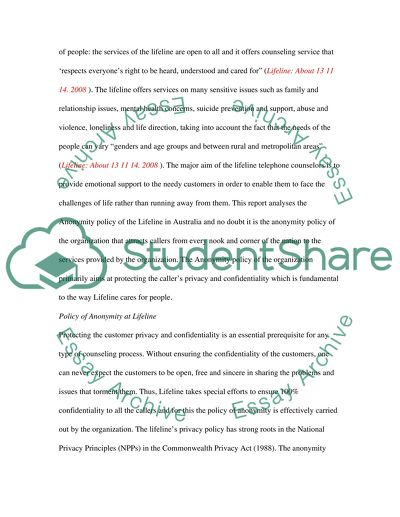Cite this document
(Lifeline Services' Proven Capability to Offer Immediate Solutions to M Case Study, n.d.)
Lifeline Services' Proven Capability to Offer Immediate Solutions to M Case Study. Retrieved from https://studentshare.org/social-science/1550803-report-analyse-of-policy
Lifeline Services' Proven Capability to Offer Immediate Solutions to M Case Study. Retrieved from https://studentshare.org/social-science/1550803-report-analyse-of-policy
(Lifeline Services' Proven Capability to Offer Immediate Solutions to M Case Study)
Lifeline Services' Proven Capability to Offer Immediate Solutions to M Case Study. https://studentshare.org/social-science/1550803-report-analyse-of-policy.
Lifeline Services' Proven Capability to Offer Immediate Solutions to M Case Study. https://studentshare.org/social-science/1550803-report-analyse-of-policy.
“Lifeline Services' Proven Capability to Offer Immediate Solutions to M Case Study”, n.d. https://studentshare.org/social-science/1550803-report-analyse-of-policy.


